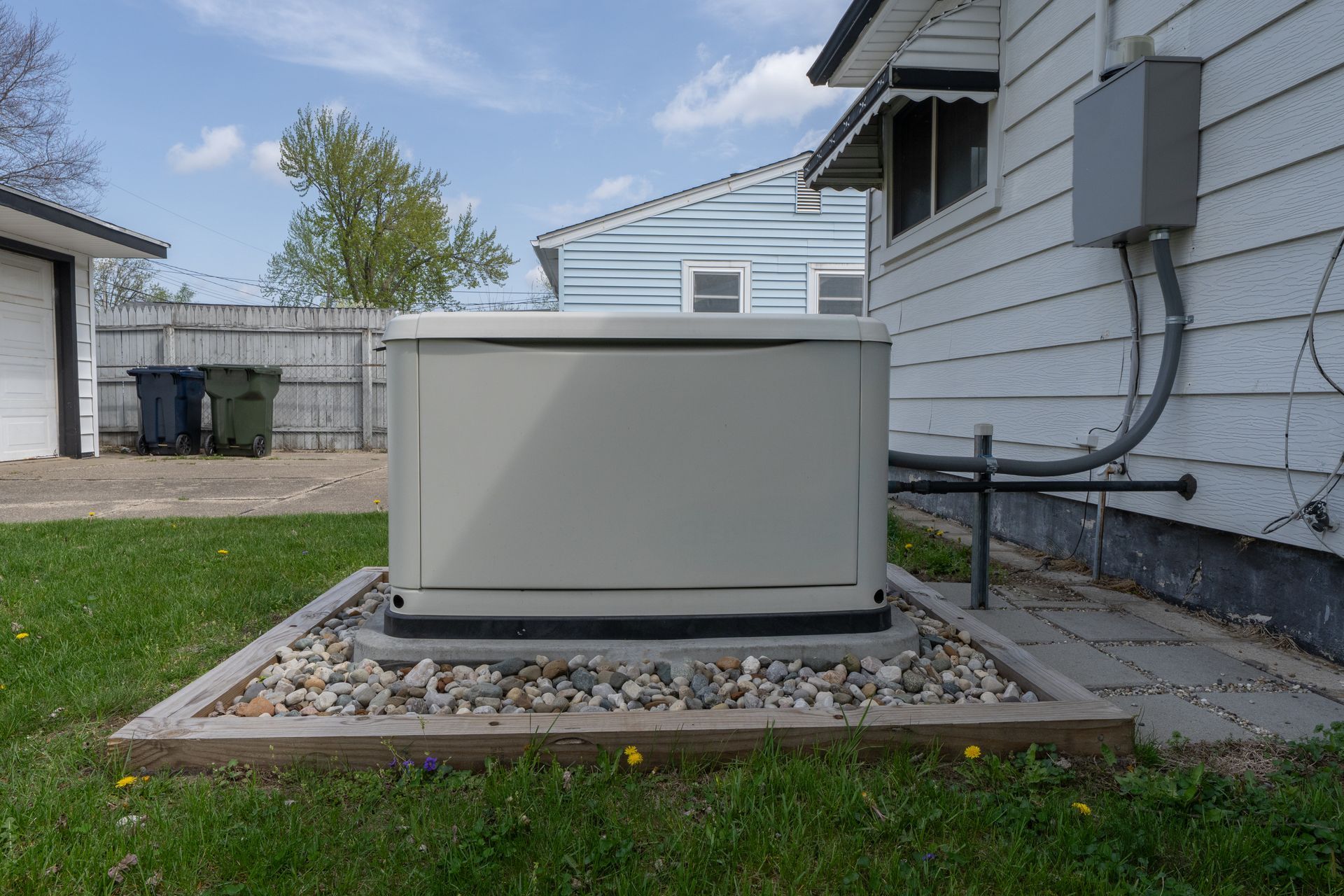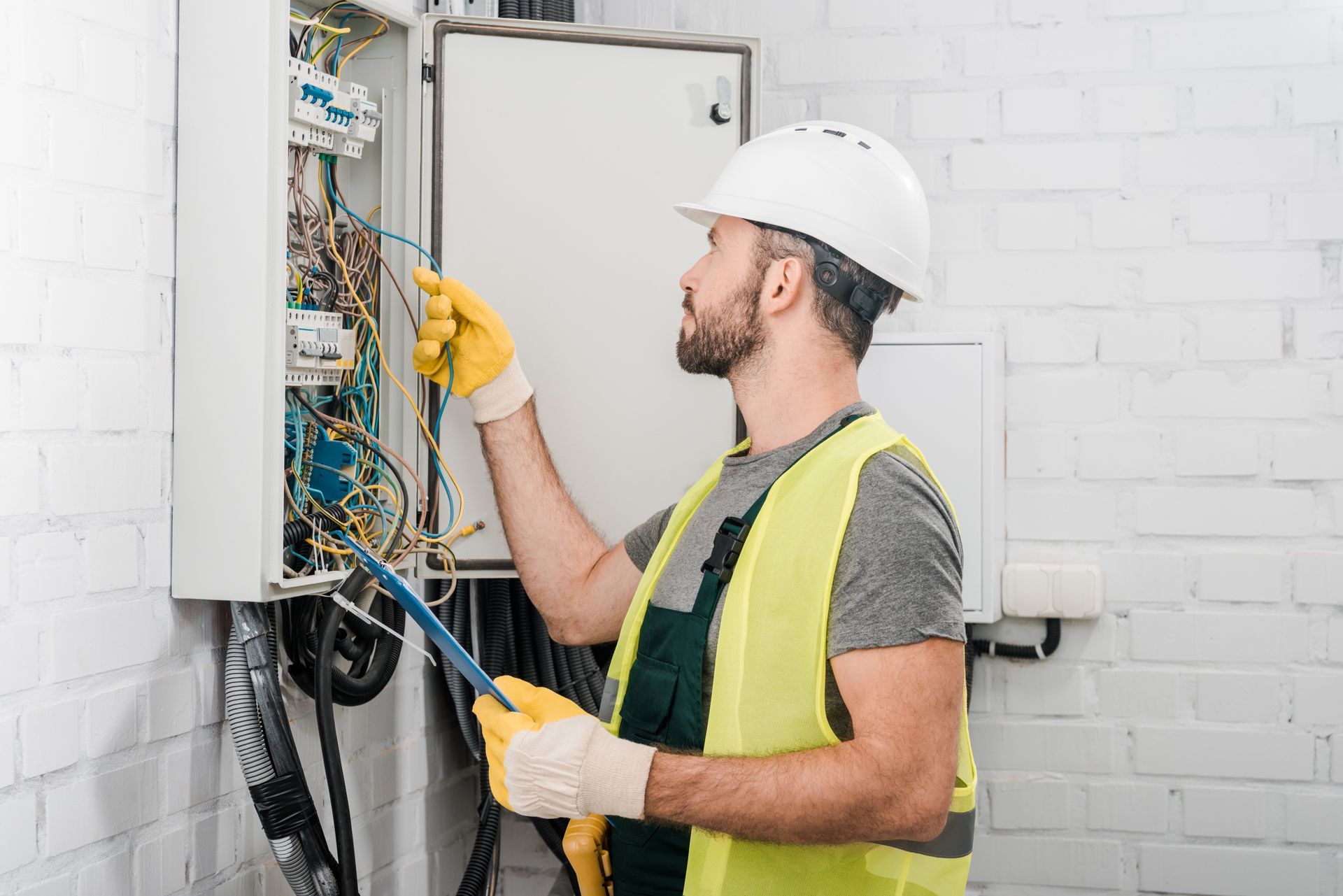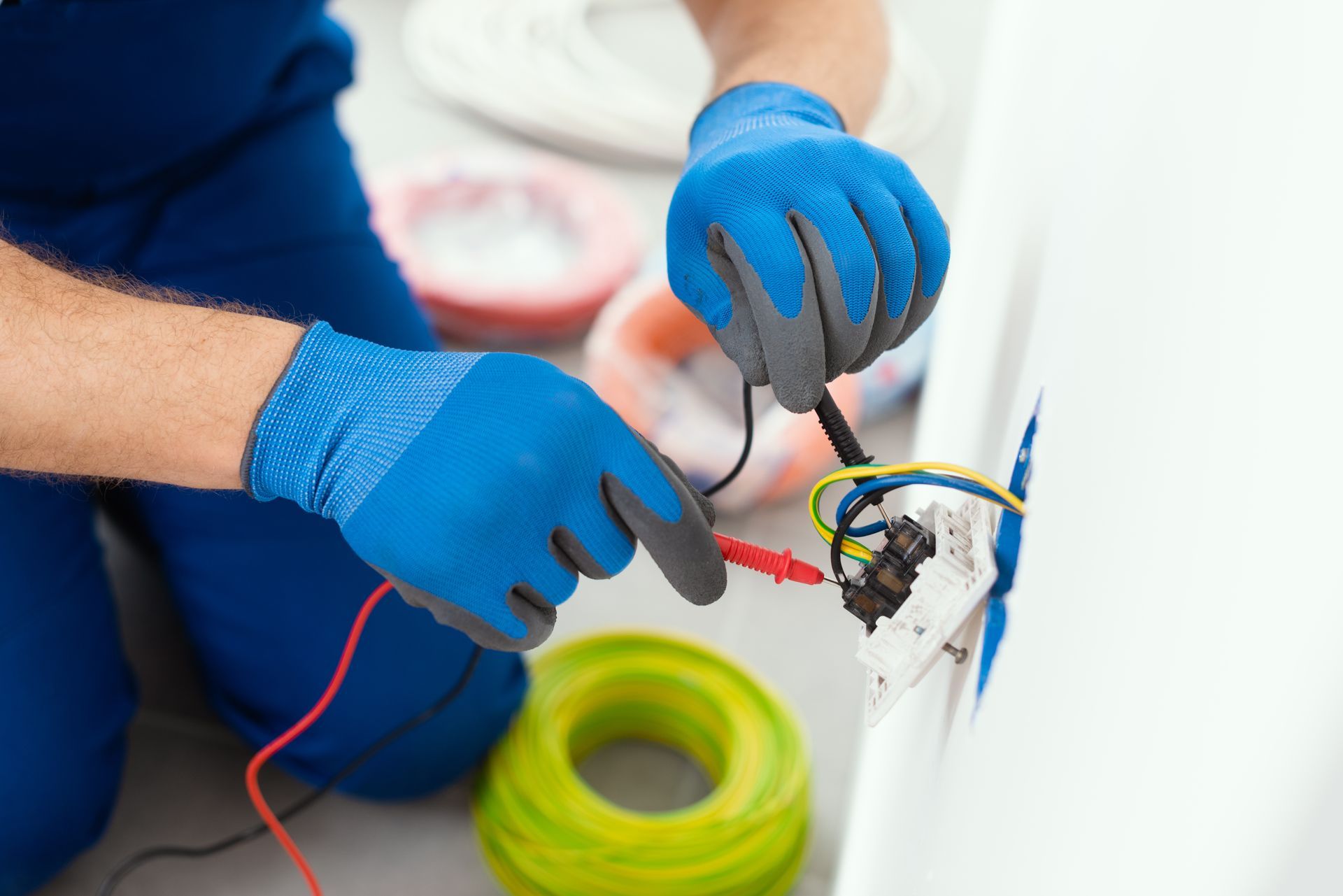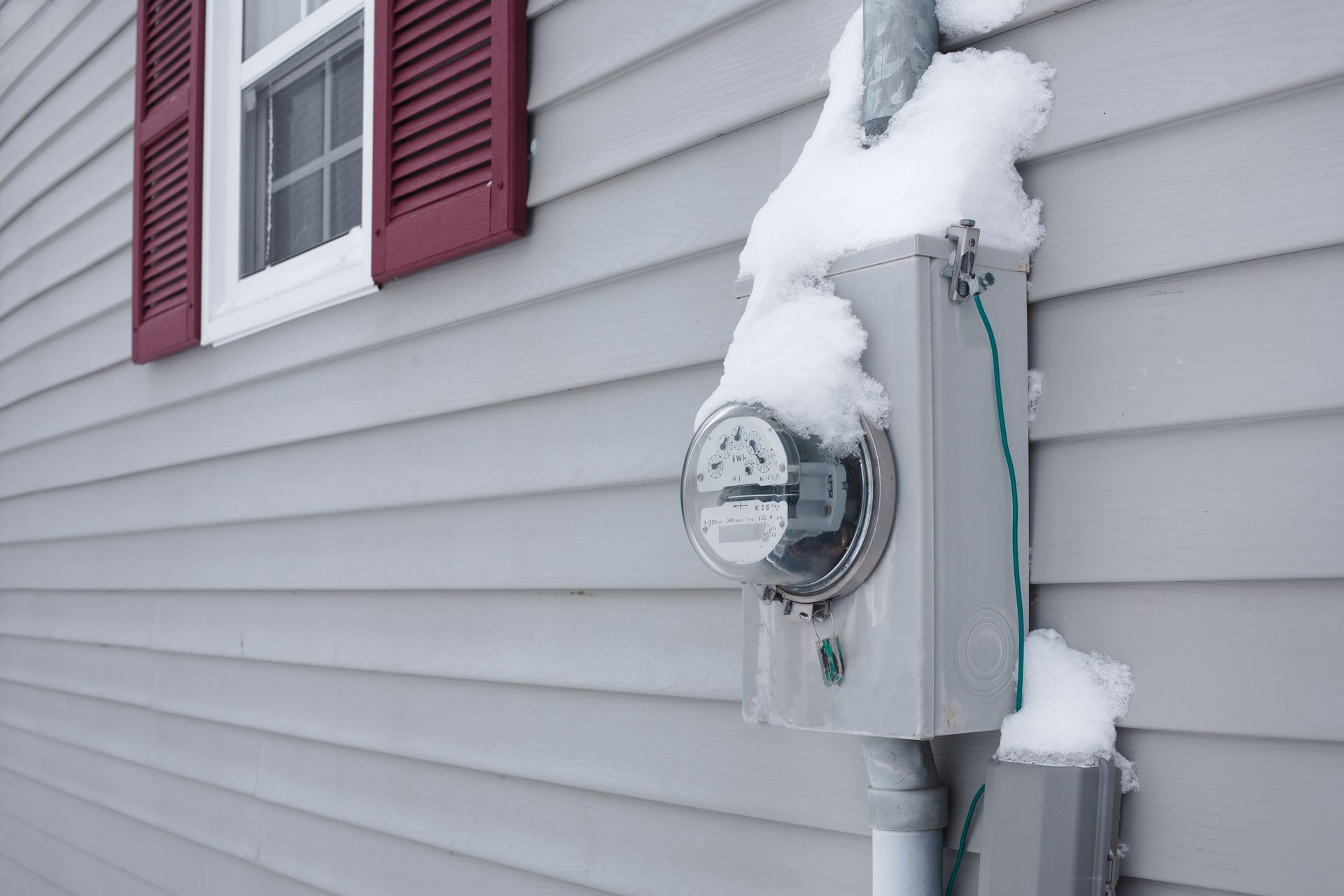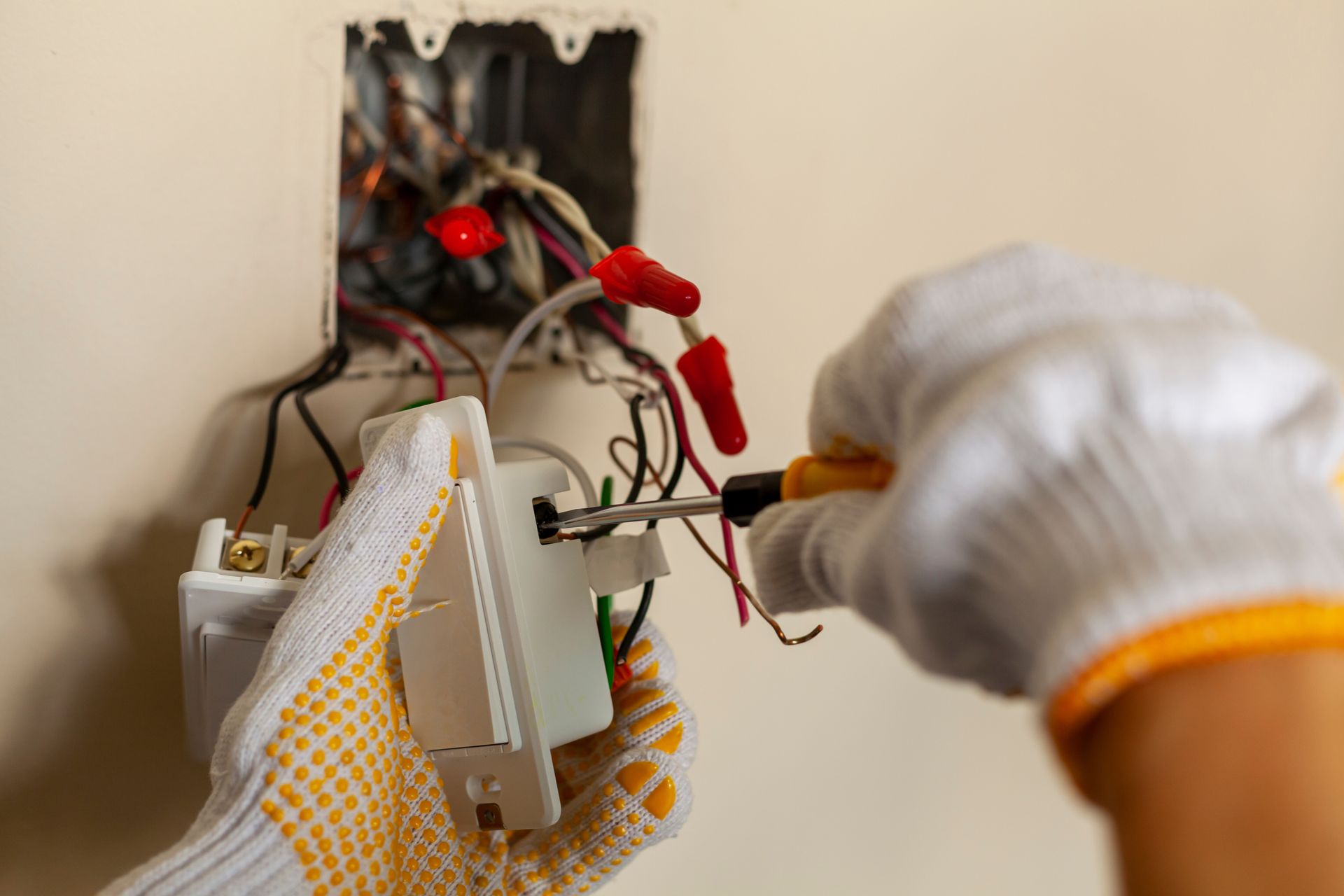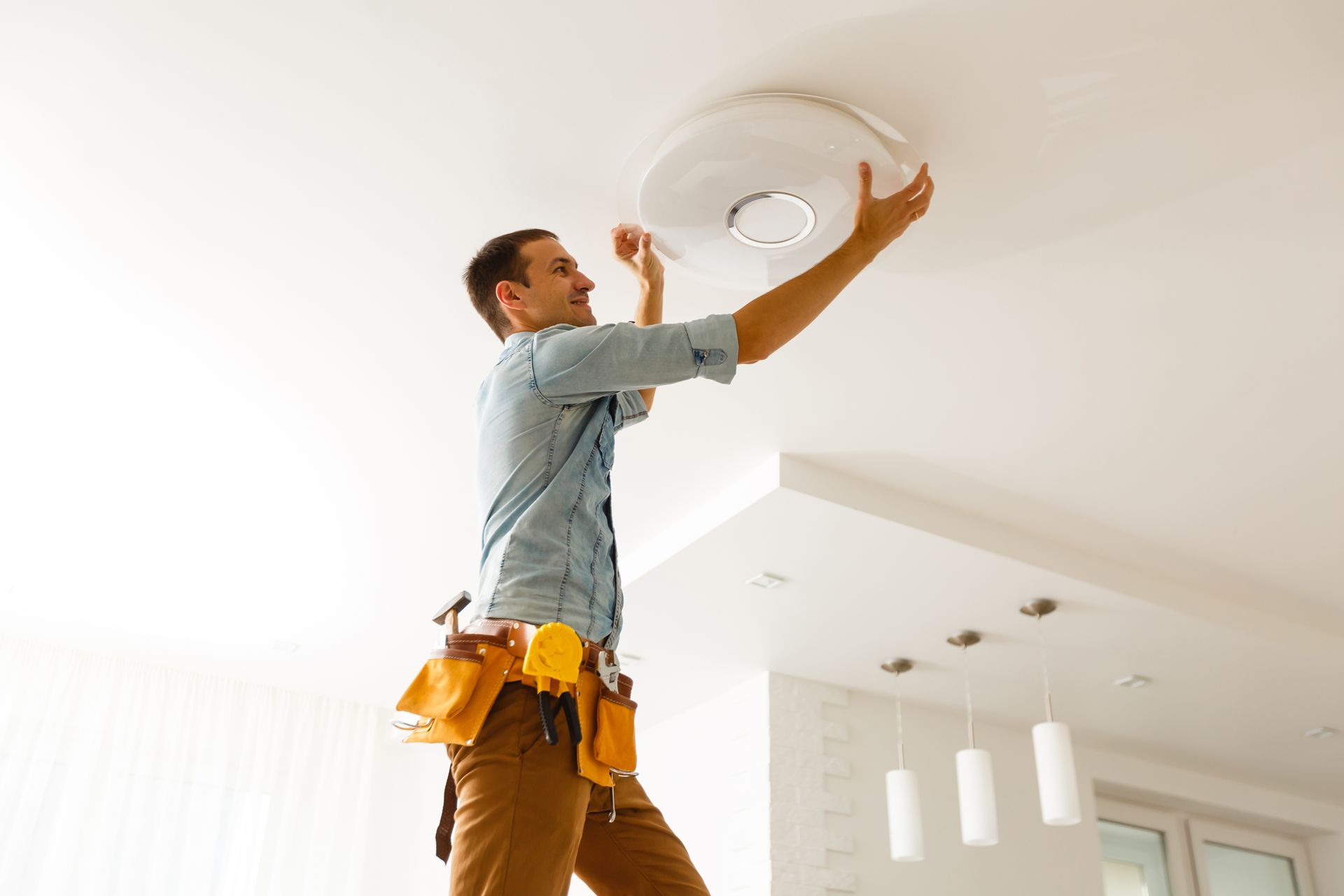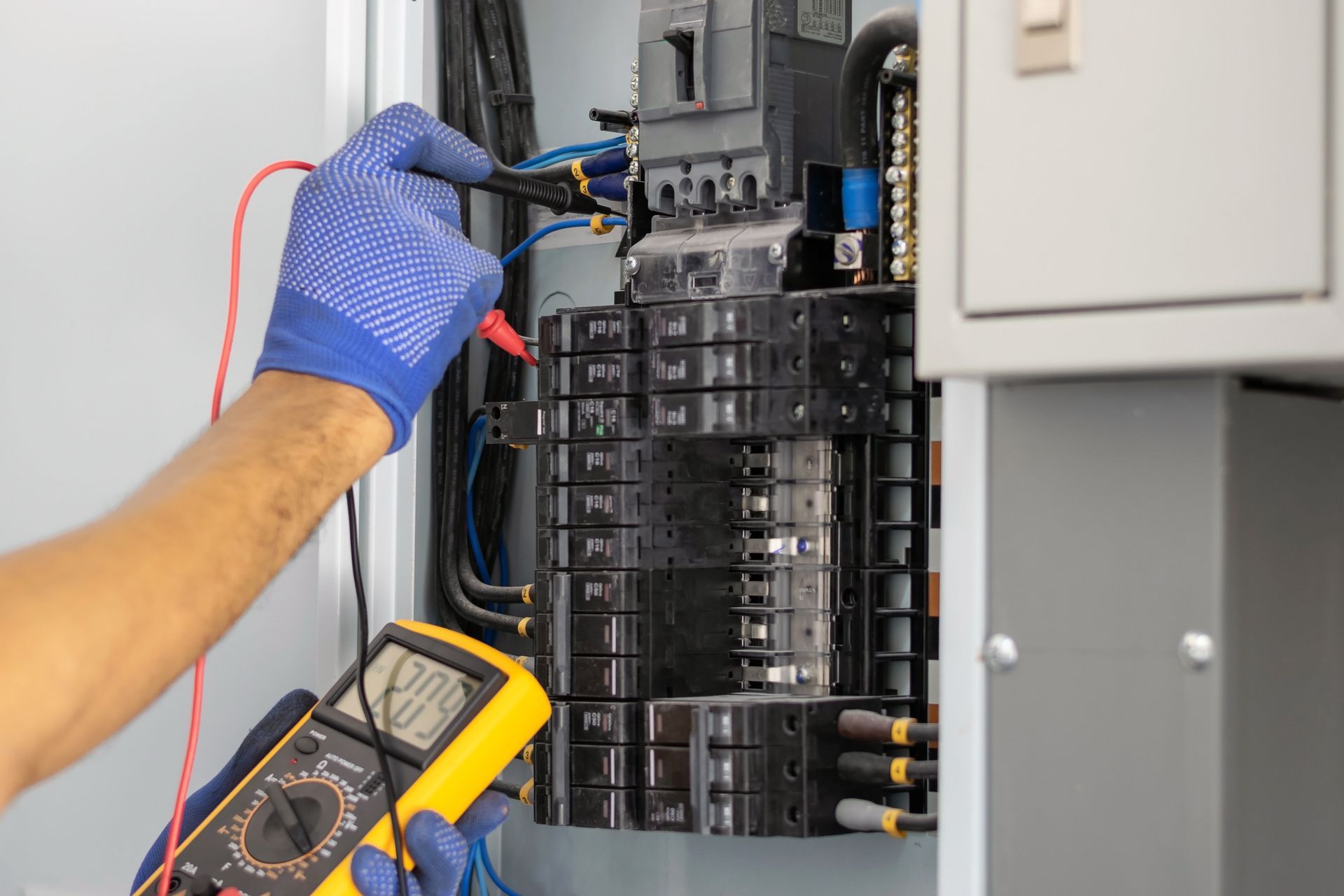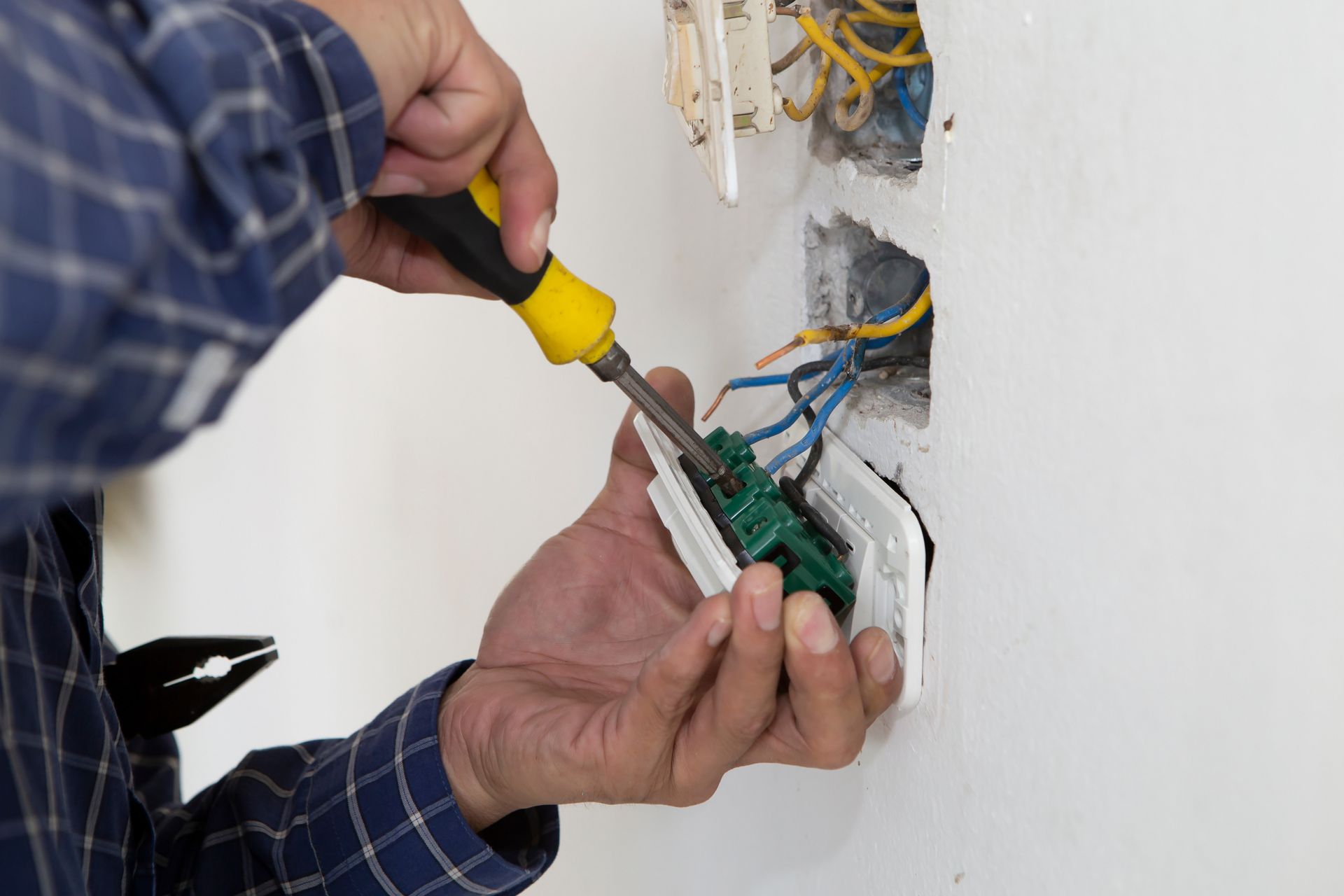Electrical Contractor Work for Colleges and Universities: Enhancing Campus Safety and Efficiency
Colleges and universities are dynamic environments that rely heavily on reliable electrical systems to support their academic, administrative, and residential functions. Hiring an experienced electrical contractor is crucial for maintaining a safe, efficient, and technologically advanced campus. In this article, we will explore the importance of electrical contractor services for colleges and universities, highlighting the key areas where electrical contractors play a vital role in meeting the unique electrical needs of educational institutions. From electrical system maintenance to energy-efficient upgrades, this article aims to provide valuable insights that will help colleges and universities make informed decisions when selecting an electrical contractor.
Electrical System Design and Installation:
A well-designed electrical system is the backbone of any college or university campus, supporting a wide range of activities and functions. From powering classrooms and laboratories to providing lighting for common areas and residential buildings, a reliable and efficient electrical infrastructure is essential. In this section, we will delve into the significance of a well-designed electrical system that caters to the diverse needs of college and university campuses. Additionally, we will highlight the crucial role that electrical contractors play in collaborating with architects and engineers to plan and install electrical infrastructure that adheres to safety codes and accommodates future growth.
- Meeting Diverse Needs:
College and university campuses encompass a variety of spaces with unique electrical requirements. Lecture halls, research facilities, computer labs, libraries, sports facilities, and student accommodations all demand different levels of electrical power and specialized systems. A well-designed electrical system takes into account these diverse needs, ensuring that each area is equipped with the necessary electrical capacity and infrastructure to function optimally.
- Collaborating with Architects and Engineers: Electrical contractors collaborate closely with architects and engineers during the planning and design stages of a campus construction or renovation project. This collaboration ensures that the electrical system integrates seamlessly with the overall building design and meets the specific needs of each area. By working together, architects, engineers, and electrical contractors can create an electrical system that is both functional and aesthetically pleasing, without compromising on safety or efficiency.
- Planning for Safety and Compliance:
Safety is a paramount concern when designing and installing electrical systems on college and university campuses. Electrical contractors possess the expertise to navigate safety codes and regulations, ensuring that the electrical infrastructure meets all necessary safety standards. By adhering to local and national electrical codes, electrical contractors help safeguard students, faculty, and staff from electrical hazards, reducing the risk of accidents or injuries.
- Accommodating Future Growth: A forward-thinking electrical system design accounts for the future growth and expansion of college and university campuses. Electrical contractors collaborate with architects and engineers to anticipate future electrical demands and plan for scalability. This includes designing electrical infrastructure that can accommodate additional buildings, upgraded technologies, and increased power requirements as the campus evolves.
- Energy Efficiency and Sustainability:
In recent years, the focus on energy efficiency and sustainability has gained significant importance in the design and construction of college and university campuses. Electrical contractors play a crucial role in integrating energy-efficient components and systems into the electrical infrastructure. This includes utilizing energy-efficient lighting, implementing smart control systems, and exploring renewable energy solutions to reduce the environmental impact and operating costs of the campus.
A well-designed electrical system is essential for meeting the diverse needs of college and university campuses. By collaborating with architects and engineers, electrical contractors ensure that the electrical infrastructure is not only safe and compliant but also capable of accommodating future growth. With their expertise in electrical system design and installation, electrical contractors play a pivotal role in creating reliable, efficient, and sustainable electrical systems that support the educational mission of colleges and universities.
Maintenance and Repairs:
Regular electrical maintenance is of utmost importance in maintaining a reliable electrical supply on college and university campuses. It not only helps prevent system failures but also minimizes disruptions that can adversely impact academic activities and campus operations. In this section, we will emphasize the significance of regular electrical maintenance and highlight the role of electrical contractors in conducting inspections, identifying potential issues, and promptly performing repairs or replacements to ensure a dependable electrical supply.
- Importance of Regular Electrical Maintenance: Regular maintenance is crucial for identifying and addressing electrical issues before they escalate into major problems. By proactively maintaining the electrical infrastructure, colleges and universities can minimize the risk of unexpected outages, equipment failures, or safety hazards. This allows for uninterrupted operation of critical systems, such as lighting, HVAC, communication networks, and research equipment, ensuring the smooth functioning of the campus.
- Routine Inspections: Electrical contractors conduct routine inspections of the campus's electrical systems to identify any potential issues or signs of wear and tear. These inspections encompass a comprehensive assessment of electrical components, wiring, circuit breakers, transformers, switchgear, and other critical infrastructure. By thoroughly examining the electrical system, contractors can detect early warning signs of malfunction or deterioration.
- Identifying Potential Issues:
Electrical contractors possess the expertise and experience to identify potential issues that may compromise the reliability or safety of the electrical supply. This can include loose connections, worn-out components, faulty wiring, excessive power consumption, or outdated equipment. By addressing these issues promptly, contractors help prevent unexpected failures and mitigate the risk of electrical hazards.
- Prompt Repairs and Replacements: Upon identifying any issues or necessary repairs, electrical contractors promptly take appropriate actions to restore the electrical system's integrity. They have the necessary knowledge and access to high-quality components and materials required for repairs or replacements. Whether it's replacing faulty wiring, upgrading outdated equipment, or resolving power quality issues, electrical contractors ensure that repairs are completed efficiently and effectively.
- Preventive Maintenance Programs: In addition to routine inspections and repairs, electrical contractors often implement preventive maintenance programs tailored to the specific needs of college and university campuses. These programs involve scheduled maintenance activities, such as cleaning, testing, and calibration, to keep the electrical system in optimal condition. Preventive maintenance helps extend the lifespan of electrical components, improves energy efficiency, and reduces the likelihood of unexpected breakdowns.
Regular electrical maintenance and prompt repairs are essential for maintaining a reliable electrical supply on college and university campuses. Electrical contractors play a critical role in conducting routine inspections, identifying potential issues, and performing repairs or replacements promptly. By investing in regular maintenance and collaborating with experienced electrical contractors, colleges and universities can ensure uninterrupted operation, mitigate the risk of electrical failures, and provide a safe and efficient campus environment for students, faculty, and staff.
Campus Lighting Solutions:
Energy-efficient lighting systems offer numerous benefits for colleges and universities, ranging from cost savings to reduced environmental impact. These lighting solutions not only enhance campus safety but also contribute to creating a visually appealing and sustainable environment. In this section, we will explore the advantages of energy-efficient lighting systems and discuss how electrical contractors can assess lighting needs, design lighting layouts, and install LED or other energy-efficient lighting solutions to optimize safety, aesthetics, and sustainability on college and university campuses.
Benefits of Energy-Efficient Lighting Systems: Energy-efficient lighting systems, such as LED (Light Emitting Diode) technology, provide several advantages over traditional lighting solutions:
- Cost Savings: LED lighting consumes significantly less energy, resulting in reduced electricity costs for the institution.
- Longevity: LED bulbs have a longer lifespan than traditional bulbs, reducing maintenance and replacement costs.
- Environmental Impact: Energy-efficient lighting systems help lower carbon emissions and reduce the campus's environmental footprint.
- Quality Lighting: LED technology offers better lighting quality, including improved color rendering and reduced glare, enhancing visibility and creating a comfortable learning environment.
Lighting Needs Assessment:
Electrical contractors collaborate with campus stakeholders to assess the lighting needs of different areas on the campus. This involves considering factors such as the purpose of each space, required lighting levels, safety regulations, and aesthetic considerations. By understanding these unique requirements, contractors can tailor lighting solutions to meet the specific needs of each location.
Designing Lighting Layouts:
Electrical contractors utilize their expertise to design lighting layouts that optimize safety, functionality, and aesthetics. This includes determining the placement and type of fixtures, selecting appropriate lighting levels for different areas, and considering energy-efficient strategies such as daylight harvesting and motion sensors. The lighting design should enhance visibility, promote a sense of security, and create an inviting atmosphere for students, faculty, and visitors.
LED Lighting Solutions:
Electrical contractors recommend and install LED lighting systems as an effective energy-efficient solution for college and university campuses. LED lighting offers several advantages, including:
- Energy Efficiency: LED bulbs use significantly less energy compared to traditional lighting sources, resulting in substantial energy savings.
- Long Lifespan: LED bulbs have a longer operational life, reducing maintenance and replacement costs over time.
- Customization: LED lighting provides flexibility in color temperatures, dimming capabilities, and control options, allowing for customizable lighting solutions tailored to each space.
- Safety and Security: LED lighting can enhance campus safety by improving visibility in outdoor areas, pathways, parking lots, and building entrances.
Sustainability and Environmental Impact:
Energy-efficient lighting solutions align with the sustainability goals of colleges and universities. By transitioning to LED lighting systems, campuses can significantly reduce their carbon footprint, lower energy consumption, and contribute to a greener environment. This supports the institution's commitment to sustainability and enhances its reputation as an environmentally responsible campus.
Energy-efficient lighting systems, particularly LED technology, offer significant advantages for colleges and universities. Electrical contractors play a crucial role in assessing lighting needs, designing lighting layouts, and installing energy-efficient solutions. By embracing energy-efficient lighting, campuses can achieve cost savings, enhance safety, create visually appealing environments, and contribute to a sustainable future. With the expertise of electrical contractors, college and university campuses can efficiently and effectively upgrade their lighting systems to provide optimal illumination and a welcoming atmosphere for students, faculty, and visitors.
Fire Alarm and Life Safety Systems:
Installing and maintaining fire alarm and life safety systems is of utmost importance on college and university campuses to ensure the protection and well-being of students, faculty, and staff. Electrical contractors play a critical role in this process, working in compliance with fire safety regulations to install, inspect, and promptly address any issues with fire alarm systems. In this section, we will highlight the essential role of electrical contractors in safeguarding campus communities and discuss their adherence to fire safety regulations, regular inspections, and proactive maintenance of fire alarm and life safety systems.
- Importance of Fire Alarm and Life Safety Systems: Fire alarm and life safety systems are fundamental to maintaining a safe campus environment. They provide early detection of fires, facilitate quick evacuation, and aid emergency response. These systems encompass fire detection devices, alarm systems, sprinklers, emergency lighting, and other essential components that work together to minimize the risk of injury, property damage, and potential loss of life.
- Compliance with Fire Safety Regulations: Electrical contractors are well-versed in fire safety regulations and codes specific to college and university campuses. They ensure that fire alarm and life safety systems are installed and maintained in compliance with these regulations, including local, state, and national codes such as NFPA (National Fire Protection Association) standards. Compliance ensures that the systems meet industry standards, providing reliable and effective fire detection and response capabilities.
- Regular Inspections and Testing: Electrical contractors conduct regular inspections and testing of fire alarm and life safety systems to ensure their proper functioning. These inspections involve checking components such as smoke detectors, heat detectors, sprinkler systems, emergency lighting, and fire alarm control panels. Contractors also test the system's functionality through drills and simulations to verify that alarms are activated, evacuation procedures are followed, and emergency systems are activated as intended.
- Prompt Issue Resolution: In the event of any issues or malfunctions with the fire alarm or life safety systems, electrical contractors promptly address them. They possess the expertise to identify the root causes of problems, whether it's faulty equipment, wiring issues, or system malfunctions, and undertake the necessary repairs or replacements. Timely resolution ensures that the fire alarm system remains operational and ready to respond effectively in case of emergencies.
- Collaboration with Campus Authorities and Fire Departments: Electrical contractors work closely with campus authorities and local fire departments to ensure compliance, coordination, and communication regarding fire safety systems. This collaboration includes regular communication with campus facilities management, conducting joint inspections, and providing necessary documentation to regulatory authorities. Contractors also assist with emergency planning and help train staff on the proper use and maintenance of fire alarm and life safety systems.
- System Upgrades and Modernization: Electrical contractors stay abreast of technological advancements and industry best practices in fire alarm and life safety systems. They can recommend system upgrades and modernization options that enhance the effectiveness, reliability, and efficiency of the systems. This includes incorporating features such as advanced detection technologies, remote monitoring capabilities, and integration with building automation systems.
Electrical contractors play a vital role in installing and maintaining fire alarm and life safety systems on college and university campuses. By working in compliance with fire safety regulations, conducting regular inspections, and promptly addressing any issues, they ensure the protection of students, faculty, and staff. Their expertise contributes to creating a safe and secure environment, providing peace of mind and ensuring the campus community's well-being in the face of potential fire incidents. Through their commitment to fire safety, electrical contractors help colleges and universities maintain a proactive and effective approach to emergency preparedness and response.
Electrical Upgrades for Technology Integration:
The increasing demand for technology integration on college campuses is transforming the educational landscape. From smart classrooms and data centers to wireless networks and advanced audiovisual systems, colleges and universities are embracing technology to enhance teaching, learning, and campus connectivity. Electrical contractors play a crucial role in supporting these advancements by upgrading electrical systems to accommodate the latest technological requirements. In this section, we will address the importance of technology integration on college campuses and discuss how electrical contractors can upgrade electrical systems to enable seamless connectivity and improved educational experiences.
- Importance of Technology Integration:
Technology integration in higher education has become essential for facilitating effective teaching and learning. It enables interactive learning experiences, remote collaboration, digital content delivery, and access to vast educational resources. Colleges and universities recognize the need to provide students and faculty with advanced technological tools to enhance engagement, productivity, and innovation in the educational process.
- Electrical System Assessment: Electrical contractors assess the existing electrical infrastructure to determine its capacity and capability to support technology integration. They analyze power distribution, circuitry, and load capacity to identify any limitations or areas that require upgrading. This assessment is crucial to ensure that
the electrical system can meet the increased power demands of technology-enabled spaces.
- Power Requirements for Technology-Enabled Spaces: Technology integration introduces additional power requirements, such as power outlets, charging stations, and specialized equipment. Electrical contractors upgrade the electrical systems to accommodate these power needs, ensuring an adequate and reliable power supply to support technology-enabled spaces like smart classrooms, computer labs, research facilities, and data centers.
- Enhanced Electrical Connectivity: Upgrading electrical systems includes providing robust electrical connectivity throughout the campus. This includes installing additional electrical outlets, data ports, and networking infrastructure to support wired and wireless connectivity. Electrical contractors work closely with IT departments and network specialists to ensure seamless integration between the electrical and networking systems, enabling reliable and high-speed data transmission.
- Backup Power and Surge Protection:
Technology integration requires reliable backup power solutions to prevent data loss, system downtime, and equipment damage during power outages or fluctuations. Electrical contractors can install uninterruptible power supply (UPS) systems and surge protection devices to safeguard critical equipment and ensure continuous operation, preserving connectivity and minimizing disruptions.
- Integration of Audiovisual Systems: Advanced audiovisual systems are increasingly prevalent in modern educational environments. Electrical contractors can upgrade electrical systems to support the integration of projectors, interactive displays, video conferencing equipment, and sound systems. These upgrades include providing dedicated circuits, proper grounding, and surge protection to maintain optimal performance and prevent interference.
- Compliance with Safety and Building Codes: Electrical contractors ensure that all electrical upgrades for technology integration comply with safety codes and building regulations. They prioritize electrical safety, including proper grounding, electrical panel upgrades, and adherence to fire safety regulations. Compliance with codes and regulations ensures the protection of students, faculty, and staff while supporting the seamless integration of technology across the campus.
Electrical contractors play a crucial role in supporting technology integration on college campuses. By upgrading electrical systems to accommodate the latest technological advancements, they enable seamless connectivity, enhance educational experiences, and support the needs of students and faculty. Through their expertise in assessing power requirements, enhancing electrical connectivity, and ensuring compliance with safety codes, electrical contractors contribute to the successful integration of technology in higher education. Their work facilitates a technologically advanced and connected campus environment that promotes innovation, collaboration, and a transformative educational experience for all.
Sustainable Energy Solutions:
The growing importance of sustainable energy practices on college campuses is driven by the need to reduce carbon emissions, mitigate climate change, and foster a culture of environmental responsibility. Colleges and universities have recognized the significance of embracing renewable energy solutions and energy-efficient practices to achieve their sustainability goals. Electrical contractors play a vital role in this endeavor by implementing sustainable energy solutions, such as solar panel installations and energy management systems. In this section, we will discuss the importance of sustainable energy practices on college campuses and highlight the valuable contributions of electrical contractors in reducing carbon footprints and promoting energy efficiency.
- Importance of Sustainable Energy Practices: College campuses, with their significant energy consumption, have a unique opportunity to lead by example in adopting sustainable energy practices. By prioritizing renewable energy sources and energy efficiency, colleges and universities can reduce their environmental impact, demonstrate environmental stewardship, and inspire future generations to prioritize sustainability.
- Role of Electrical Contractors in Renewable Energy Installations: Electrical contractors are instrumental in implementing renewable energy solutions on college campuses. They collaborate with campus stakeholders, including sustainability officers, architects, and engineers, to assess the feasibility of renewable energy options such as solar panels. Contractors conduct site evaluations, design solar power systems, and oversee the installation process, ensuring optimal performance and integration with the existing electrical infrastructure.
- Solar Panel Installations: Electrical contractors facilitate the installation of solar panels, which harness clean and abundant solar energy to generate electricity. They handle tasks such as panel mounting, wiring, and connecting the solar system to the campus's electrical grid. Solar panels not only help colleges and universities reduce their reliance on fossil fuels but also provide long-term cost savings through reduced electricity bills and potential incentives or grants for renewable energy initiatives.
- Energy Management Systems: Electrical contractors also contribute to energy efficiency by implementing energy management systems on college campuses. These systems utilize advanced technology and automation to monitor and control energy consumption in real-time. By integrating lighting controls, HVAC optimization, and energy monitoring tools, contractors help colleges and universities optimize energy usage, identify areas for improvement, and reduce energy waste.
- Collaboration and Compliance:
Electrical contractors collaborate with sustainability officers, campus facilities management, and relevant regulatory bodies to ensure compliance with local and national regulations regarding renewable energy installations and energy efficiency. They stay updated with the latest sustainability standards, building codes, and incentive programs to help colleges and universities make informed decisions and maximize the benefits of sustainable energy practices.
- Educational Opportunities: Sustainable energy solutions implemented by electrical contractors offer educational opportunities for students and faculty. Colleges and universities can incorporate these installations into their curriculum, providing hands-on learning experiences and research opportunities related to renewable energy, energy efficiency, and sustainability. This helps cultivate a culture of environmental awareness and prepares students for careers in the growing field of clean energy.
Sustainable energy practices have gained immense importance on college campuses, with an increasing focus on reducing carbon footprints and achieving energy efficiency goals. Electrical contractors play a pivotal role in implementing renewable energy solutions, such as solar panel installations and energy management systems. Their expertise, collaboration, and adherence to sustainability standards help colleges and universities embrace clean energy, reduce environmental impact, and inspire future generations to prioritize sustainability. Through their efforts, electrical contractors contribute to a greener and more sustainable future for college campuses, fostering a culture of environmental responsibility and creating a positive impact on both local and global levels.
Western Mass Colleges Working with Western Mass Electrical Colleges Win
The collaboration between Western Mass colleges and Western Mass electrical colleges is a winning formula for several reasons. Firstly, by partnering with local electricians, Western Mass colleges can tap into a pool of skilled and knowledgeable electrical professionals who have a deep understanding of the regional electrical industry. This ensures that electrical projects on campus are carried out by experts who are familiar with the unique challenges and regulations specific to Western Mass. Additionally, the collaboration promotes local economic growth and job opportunities, supporting the community by keeping resources within the region. Furthermore, the partnership fosters a strong sense of collaboration and knowledge sharing between the educational institutions, allowing for innovative ideas and solutions to emerge. By working together, Western Mass colleges and electrical colleges create a synergy that benefits both parties, ensuring the delivery of high-quality electrical work, fostering local talent, and contributing to the overall success and development of the region.
Investing in professional electrical contractor services is vital for colleges and universities to ensure a safe, efficient, and technologically advanced campus environment. From electrical system design and installation to ongoing maintenance, repairs, and implementing energy-efficient solutions, electrical contractors play a crucial role in meeting the unique electrical needs of educational institutions. By partnering with a reputable electrical contractor, colleges and universities can enhance campus safety, optimize energy consumption, and provide a conducive learning environment for students and faculty alike.
Questions? Contact our main office
Schedule a Free Quote. Submit a free quote request online
